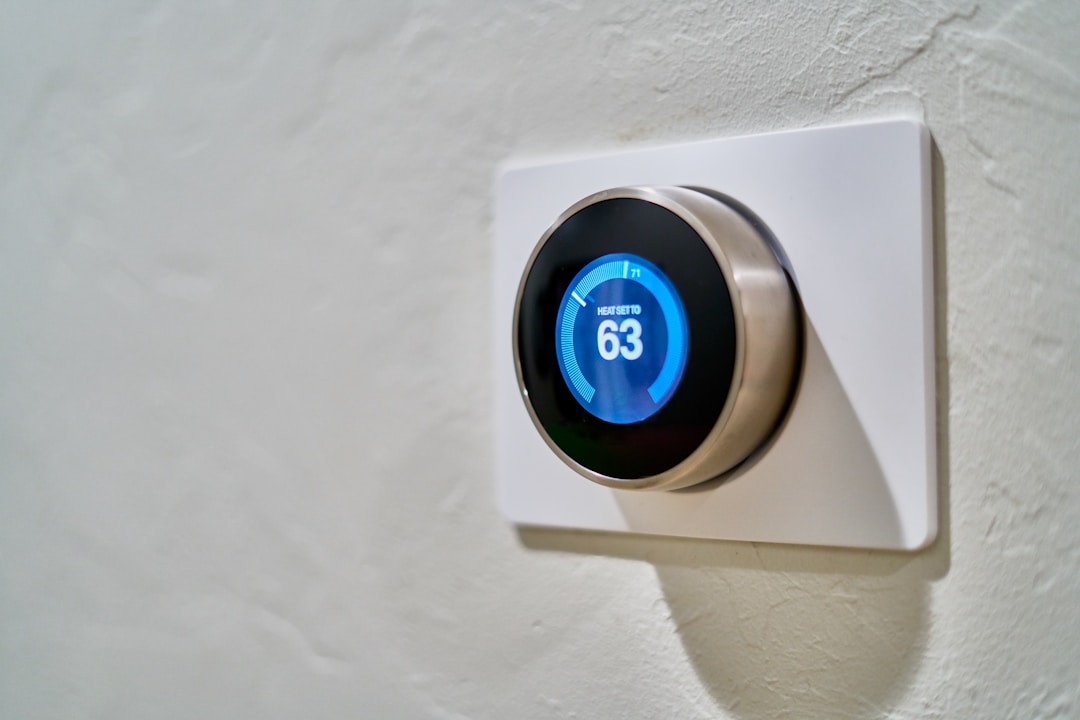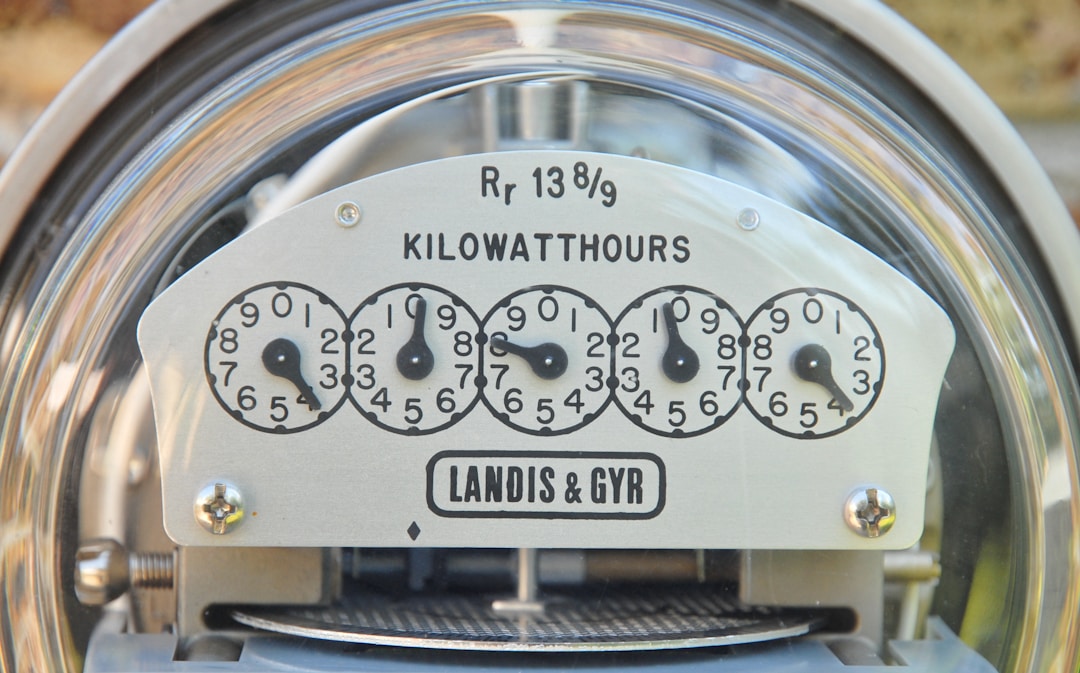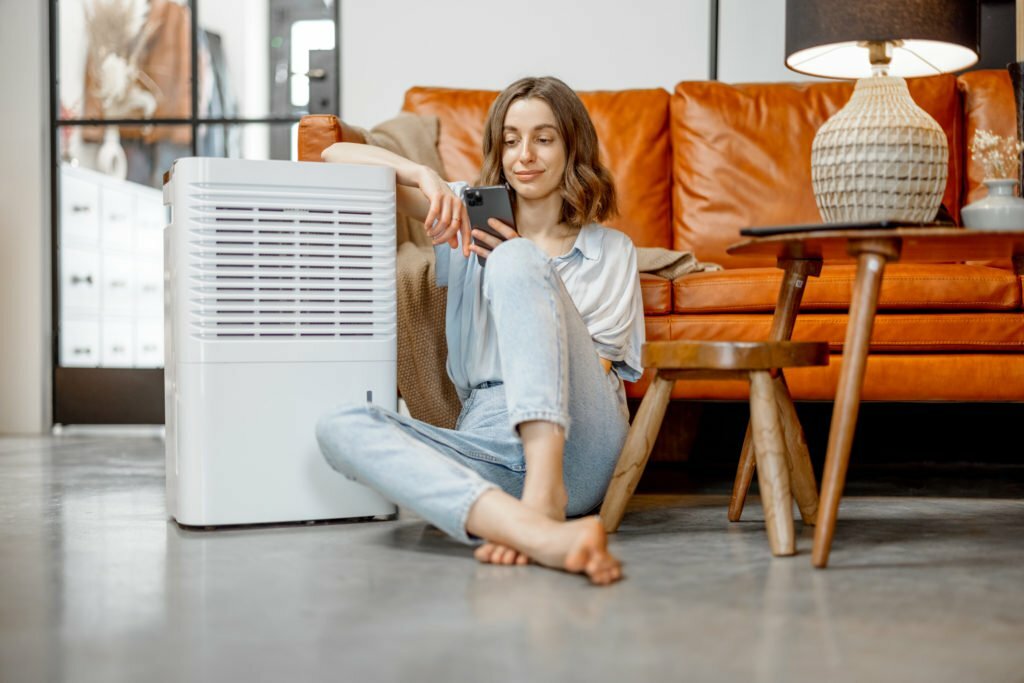Swimming pools, vacations, beach trips, and time with family are all highlights of the summer months. However, along with the sun and fun comes rising temperatures and high humidity levels. High humidity or excessive moisture can make the air feel sticky and unpleasant. Depending on your location, the humidity levels during the summer months can be crippling and make your home feel uncomfortable. Incorporating a dehumidifier in your home can lower the overall humidity, improve your comfort, and reduce certain problems that come with excessive moisture.
A dehumidifier works by drawing excess moisture from the room and circulating drier air. A dehumidifier can reduce the relative humidity to a more comfortable level of 30 to 50 percent. Dehumidifiers pull warm, humid air in through a fan and cool it off. As the air cools, it shrinks, and tiny water droplets fall out. The cooler, drier air is circulated, and the removed moisture is stored in the condensation tank within the machine.
Aside from providing more comfortable air, there are many benefits of dehumidifier in summer. Let’s take a look at some of the benefits of adding a dehumidifier to your home this summer.
Reduced Allergies

Many allergens such as dust mites, mold, and mildew thrive in humid environments. During the summer months, increased humidity could allow for allergens to become more predominant in your home and cause health problems for those with asthma and other respiratory concerns. Rooms like bathrooms, laundry rooms, and basements with poor circulation and ventilation may be especially susceptible to harboring allergy-causing substances. Once these things begin to grow in these areas, they can spread to the rest of your home. A dehumidifier can help decrease the moisture levels that support allergen growth and improve indoor air quality.
Improved Comfort

The moisture in the air is measured by relative humidity. This refers to the amount of water vapor present in the air. The relative humidity level will determine how hot or how cool it feels. The most comfortable humidity level is thought to be around 30 to 50 percent. Homes with proper humidity levels are generally more comfortable in the summer and feel cooler even when the temperature is higher. In many situations, your HVAC can help control the humidity level in your home. However, if you live in an area with excessive humidity, you may require a dehumidifier as well to supplement your AC.
Reduced Energy Bills

Considering that your HVAC system can account for as much as 50 percent of your annual energy usage throughout the year, the summer months could produce high utility bills. Because a dehumidifier works to remove moisture from the air, your air conditioner likely won’t have to work as hard to maintain comfortable indoor temperatures. Running a dehumidifier uses much less energy than running your AC unit. The U.S. Department of Energy suggests that you can set your thermostat to 78 degrees in the summer and rely on a dehumidifier and fans to stay cool. Dehumidifiers certified by Energy Star offer even more savings because they use 15 percent less energy to run.
Reduced Pest Problems
Humidity and hot temperatures aren’t the only unwelcome aspects of summer. Many pests such as spiders, roaches, beetles, and others are also more active during the summer and gravitate to moist environments. If you notice an increase of pests in your home during the summer, it could be a result of higher humidity. A dehumidifier may help discourage pest activities.
Using a dehumidifier in your home this summer could help reduce moist air and improve the overall comfort level around your house. During the summer months, high temperatures and humidity can promote allergens, drive up indoor temperatures, and create bug problems. Incorporating a dehumidifier could benefit your health, home, and wallet.





